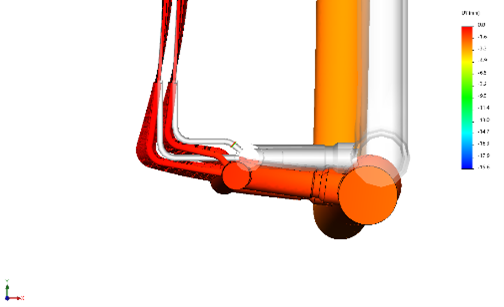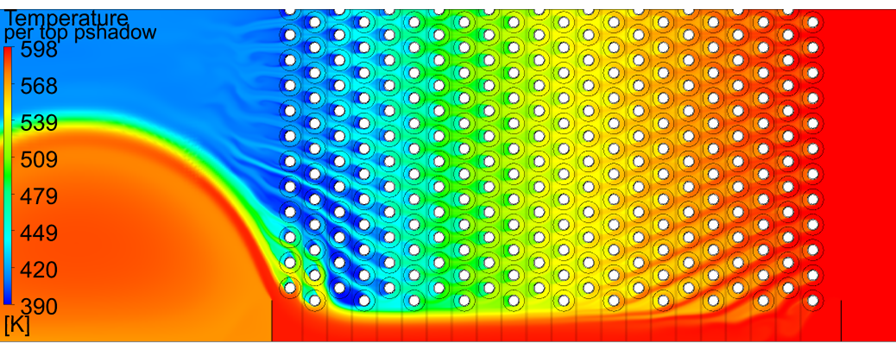
Creep Classification of Grade 91 Steel
Background Grade 91 steel is superior to many other industry used materials for its increased resistance to m...

A remaining life assessment (RLA) entails careful analysis to assess the impact that time and process conditions have had on the boiler and steam generation plant components up to the present time, and what the impact will be in the future based on projected operating scenarios. The components of greatest interest are the pressure parts(piping, vessels and boiler/HRSG tubing) but other areas such as casing and ductwork also need to be considered. In any life assessment, a detailed understanding of potential component degradation mechanisms is fundamental, as is accounting for how these are affected by the operation to date the and projected operating regime . Depending on the specifics of the unit, these mechanisms can include creep and creep-fatigue, fatigue and corrosion fatigue, flow-assisted corrosion (FAC), underdeposit corrosion, fireside attack and water & gas-side fouling.
If a boiler or HRSG are forced to move into cyclic or load-shifting operation due to changes in market conditions, this can invalidate the assumptions of the boiler’s original OEM design life assessment. At a minimum, it leads to greater challenges in managing the boiler pressure part integrity over the entire powerplant service life.


The ageing of plant assets presents a real problem for owners and operators. The viability of future operation can be called in to question when a boiler or HRSG begins experiencing failures, reducing availability and the bottom line. The decision to run, re-rate, replace or retire is one that can only be answered by in-depth, cross-discipline analysis. In particular, the gap between engineering and economic questions can be difficult to bridge.
Tetra aims to address both questions by first understanding the degree of degradation to the pressure parts:
• Superheaters and Reheaters
• Evaporators and Waterwalls
• Drums
• Economisers and Preheaters
• Valves
The deliverable from the RLA study is a comprehensive report that provides a clear basis for planning inspections and repairs or replacements moving forward.
Stay up to date and refer to our large collection of technical white papers and articles


Background Grade 91 steel is superior to many other industry used materials for its increased resistance to m...


Excess air in the gas turbine exhaust allows the combustion of additional fuel via supplemental firing in the ...


Background Tube thinning caused by flow-accelerated corrosion (FAC) is one of the most frequent causes of fai...

Tetra Engineering is a engineering consultancy working in the power generation sector. We specialise in providing engineering and technical support to owners and operators of CCGT power plants, as well as other thermal plants. We have an office near Nice in France and our headquarters is in Connecticut, USA. We support projects worldwide and this includes hands-on fieldwork and back office engineering analysis...